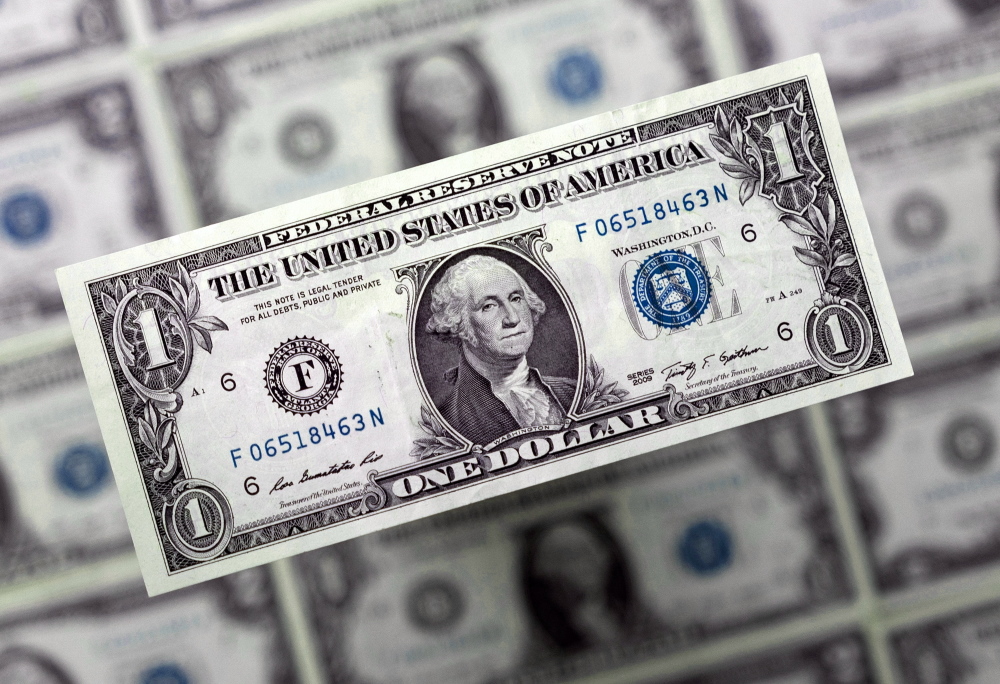The government of Argentina engaged in the sale of dollars on the foreign exchange market on Monday for the fifth consecutive session. This action was taken in an effort to alleviate the depreciation of the peso. It is likely that the Central Bank acts as the financial middleman for the Treasury in the domestic currency market. The Central Bank was responsible for carrying out the sales. According to sources who sought anonymity owing to the sensitive nature of the topic, the transaction was reported to be in the region of US$450 million to US$480 million, with an exchange rate of roughly 1,430 pesos per dollar. This information was obtained from sources who requested confidentiality with regard to the matter. In order to arrive at that level, the peso saw a depreciation of 0.4 percent.
The Treasury’s already inadequate cash reserves have been further stretched to their limits as a result of the administration of President Javier Milei, which has liquidated about $1.3 billion since the previous Tuesday. According to the most recent official figures, the government indicated that dollar deposits to date amounted to a total of $1.8 billion when the month of October began. The Central Bank of Argentina is prohibited from using its reserves in accordance with the terms of its agreement with the International Monetary Fund (IMF). This restriction applies only in the event that the peso surpasses a floating band, which on Monday was between 943 and 1,484 per dollar.
Despite the United States’ vow to give aid and the recent reimplementation of capital controls by local authorities, which includes a 90-day prohibition on the resale of dollars, the sales bring to light the continuous pressure that is being exerted on the peso. In order to engage in negotiations with the United States Treasury Secretary Scott Besent and representatives from the International Monetary Fund, the Minister of the Economy of Argentina, Luis Caputo, and the President of the Central Bank, Santiago Bausili, traveled to Washington on Friday. Prior to Bessent’s vow to provide a financial lifeline last month, the government had already sold $1.1 billion in order to stabilize the peso against other currencies. On Monday, a representative for the central bank chose not to provide any comments, and the ministry of the economy has not yet responded to an inquiry that was made.
During an interview, President Javier Milei responded to questions about the costs associated with defending the peso. This comes at a time when there is growing criticism regarding the soundness of his approach for foreign exchange. He stated that the results of the conversations with the United States would be seen in a short amount of time. His question was, “Are you aware of the gross reserves we inherited upon taking office?” He pointed out that the reserves had climbed to $43 billion from $21 billion over that time period. “That is the end of it.” The discussion must now come to an end.

